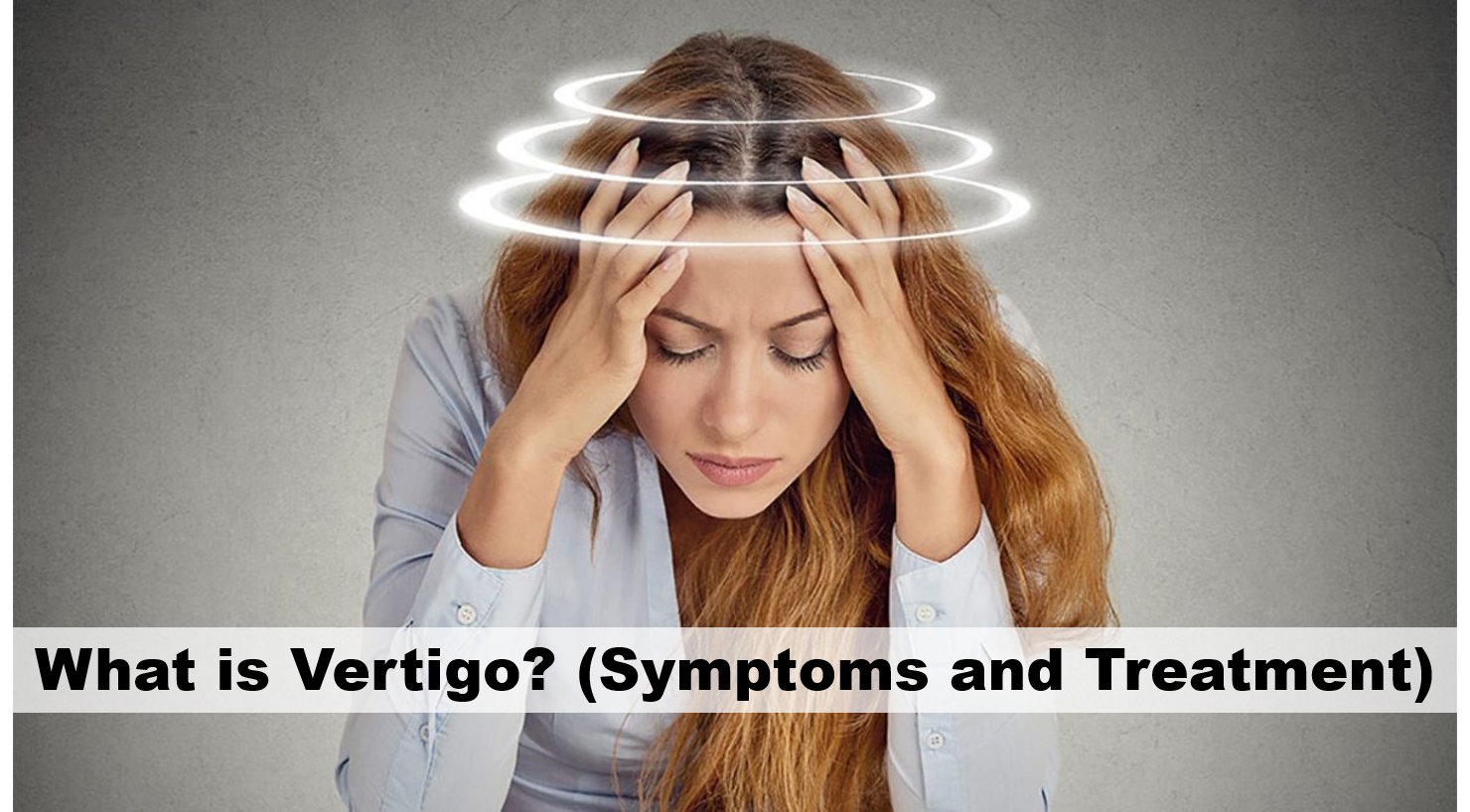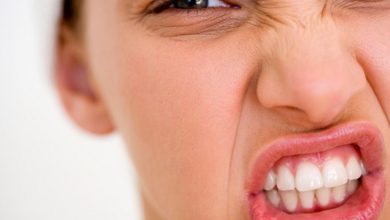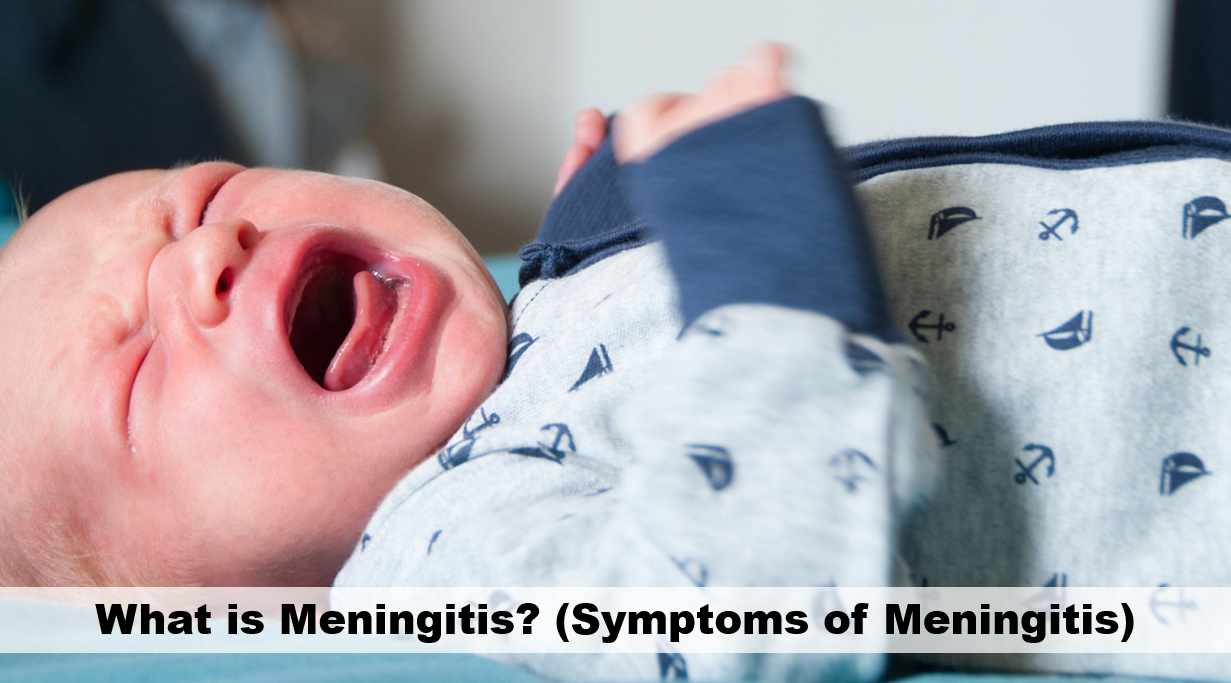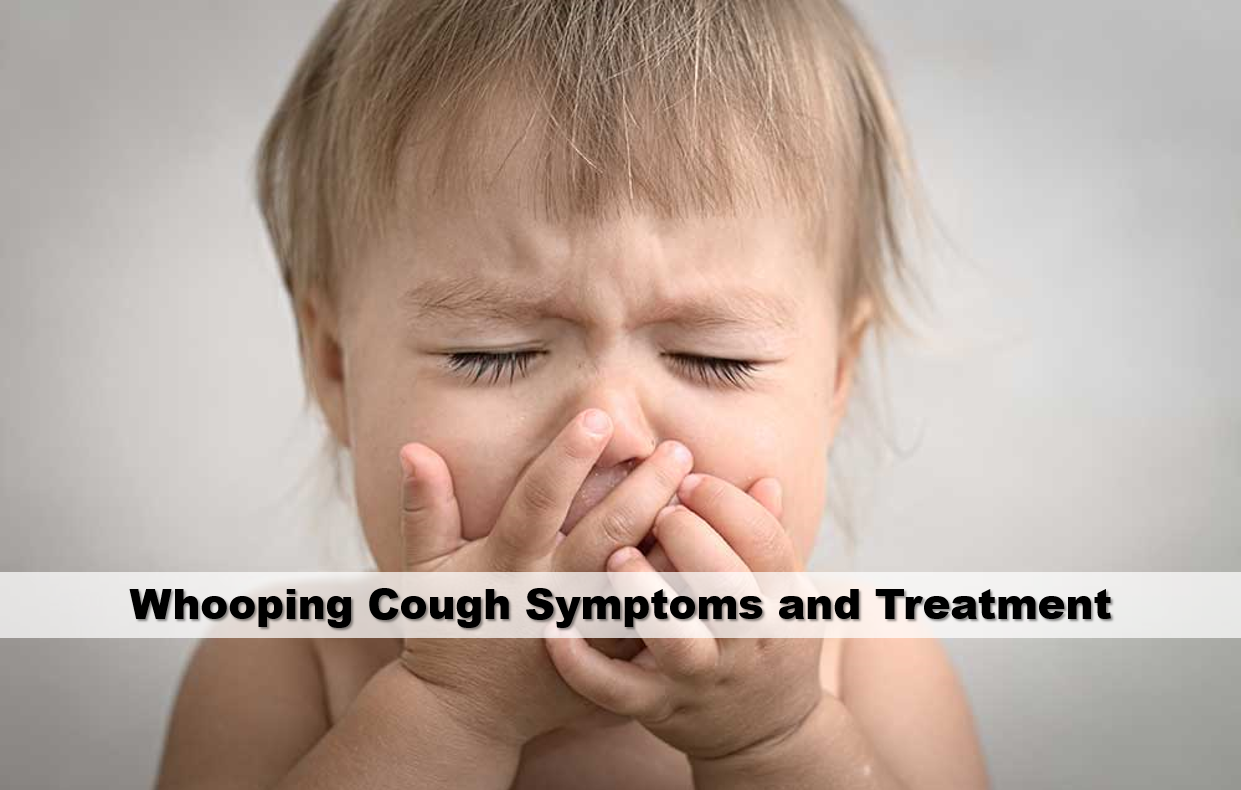What is Vertigo? (Symptoms and Treatment)

What is Vertigo? Most people do research on the treatment of vertigo. Vertigo is not a disease, but it can appear as a symptom of many diseases. The most obvious symptom of vertigo is dizziness and is usually caused by a problem in the balance system in the inner ear, but you should know that every dizziness that you have experienced do not mean vertigo. Symptoms such as tinnitus, nausea, and vomiting may also be among the symptoms of vertigo. Excessive dizziness may make the person suffering from these symptoms unable to get out of bed. So, in this article, we will explain the symptoms and treatment of vertigo below.
What is Vertigo?

Vertigo can be described as feeling exceedingly dizzy. Some of the most common causes of vertigo, usually caused by an inner ear problem, are BPPV, Meniere’s disease, Vestibular neuritis, or labyrinthitis. BPPV (Benign Paroxysmal Positional Vertigo) occurs when small calcium particles accumulate in the inner ear canals. Some people are at more risk for vertigo. Women are less fortunate to have vertigo than men. Although it can occur at any age, we can say that it is more common in people over 50 years of age.
What are the symptoms of Vertigo?
- The most obvious symptom is dizziness,
- Feeling of pressure in the ear,
- Tinnitus,
- Hearing impairment,
- Nausea and vomiting,
- Ear discharge,
- Abnormal movements may be observed in the eyes.
How to Treat Vertigo
Stay away from stress: Stress is one of the most important factors that cause the formation of vertigo. So, take as much time as you can and take stress factors out of your life.
Strengthen your immune system: Consuming natural and organic products will contribute to the strengthening of your immune system. Start the day with eggs which contain many minerals and Omega 3. You can also eat a handful of nuts a day like walnuts, almonds, or peanuts. You should prefer to drink fresh milk instead of shelf life milk.
Sunbathe: Vitamin D is essential for a healthy body, so you can sunbathe as much as possible. Remember that the body has a balance and vertigo occurs when this balance is broken.
Reduce salt intake: Salt causes an increase in fluid in the inner ear and can trigger vertigo, so you can reduce salt to prevent vertigo.
Increase fluid intake: Drinking a lot of water maintains salt balance in the body, but you need to stay away from drinks such as tea and coffee because these kinds of drinks can cause a fluid increase in the inner ear.
Migraine can cause vertigo
In some types of migraine, people struggle with other symptoms rather than headaches. In these migraine types, which are classified as vestibular migraines, one usually experiences dizziness and vertigo. In these people, dizziness can take several minutes or hours. Again, hypersensitivity to light and sounds is observed in these people.





